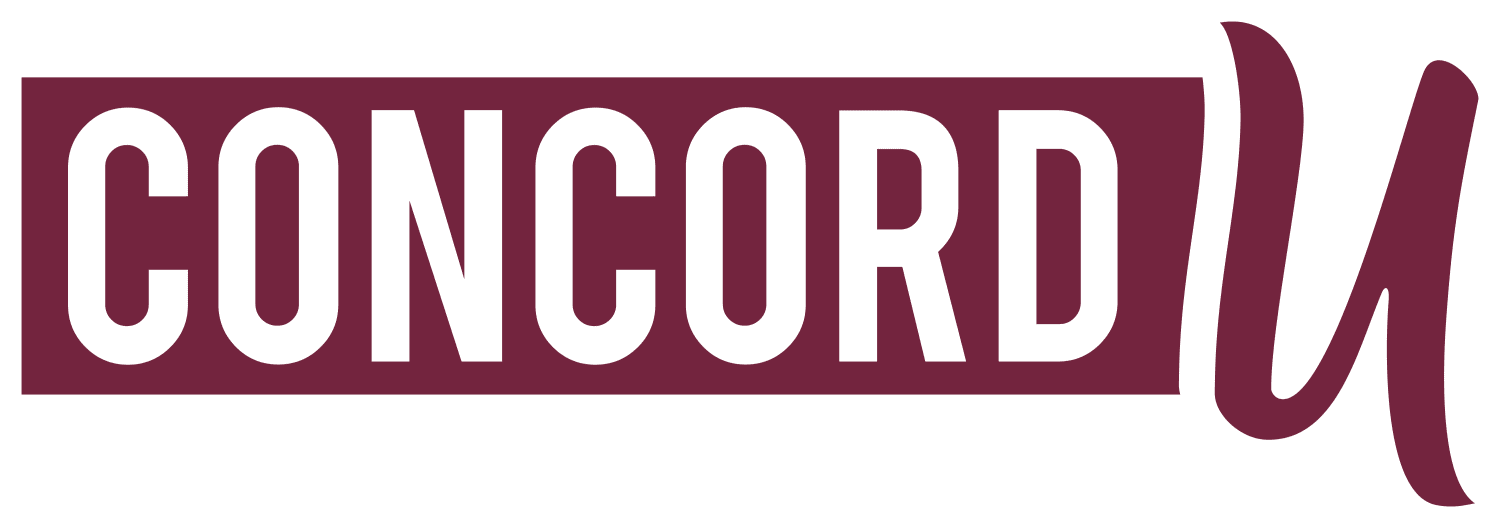Concord University has established protocols to help mitigate the spread of COVID-19, influenza, and other viruses. The Center for Disease Control (CDC) Guidelines for isolation and precautions to prevent the spread of the infection were issued on May 11, 2023, and have been incorporated into this revised protocol.
NOTE: If you have COVID-19, you can spread the virus to others. Please do not come to campus to work or participate in an in-person class or other activities until you meet the protocol to return.
Safety Protocols
The first safety protocol for members of the campus community has not changed: If you are sick, stay home.
- Employees, you must report exposure to COVID-19 or Flu and/or a positive test result to your supervisor when reporting off from work.
- Students need to inform their faculty members regarding missing class and/or to arrange for making up missed work as per other absences for illness.
There are other safety precautions you can take to prevent spreading viruses. Being fully vaccinated against both the COVID-19 and flu viruses is encouraged but not required. The use of universal safety precautions such as masking, distancing, sanitizing, and hygiene are strongly encouraged.
Face masks or face coverings remain optional in all physical spaces at Concord, except for individuals post COVID-19 as discussed below. There may be individuals who elect to remain masked indefinitely, and the campus will respect and be supportive of their decision.
Use of physical barriers (plexiglass in classrooms) is optional at the discretion of the faculty.
Students should check with their instructors for current class practices and pay close attention to class announcements for guidance about expectations in individual classes.
Concord will not conduct screening testing for COVID-19 as part of the return to campus protocol for Fall 2023 / Spring 2024.
Concord will test students who are symptomatic at the Student Health Center.
Isolation when ill is imperative to prevent the spread of the virus.
Exposure and Isolation Guidance
When to Isolate
Regardless of vaccination status, you should isolate from others when you have COVID-19 / Flu.
You should also isolate if you are sick and suspect that you have COVID-19 or Flu but do not yet have test results.
If you test negative, then you can end your isolation.
If you test positive, then follow the full isolation recommendations below.
Isolation
If you test positive for COVID-19, stay home for at least 5 days and isolate from others in your home. You are likely most infectious during these first 5 days.
- Wear a high-quality mask if you must be around others at home and in public.
- Do not go places where you are unable to wear a mask.
- Do not travel.
- Stay home and separate from others as much as possible.
- Use a separate bathroom, if possible.
- Take steps to improve ventilation at home, if possible.
- Don’t share personal household items, like cups, towels, and utensils.
- Monitor your symptoms If you have an emergency warning sign, (like trouble breathing), seek emergency medical care immediately.
- Learn more about what to do if you have COVID-19 on the CDC website.
When you have COVID-19, isolation is counted in days, as follows:
- If you had no symptoms:
- Day 0 is the day you were tested (not the day you received your positive test result)
- Day 1 is the first full day following the day you were tested
- If you develop symptoms within 10 days of when you were tested, the clock restarts at day 0 on the day of symptom onset
- If you had symptoms:
- Day 0 of isolation is the day of symptom onset, regardless of when you tested positive
- Day 1 is the first full day after the day your symptoms started
Ending Isolation
End isolation based on how serious your COVID-19 symptoms were. Loss of taste and smell may persist for weeks or months after recovery and need not delay the end of isolation.
If you had no symptoms, then you may end isolation after day 5.
If you had symptoms and your symptoms are improving, then you may end isolation after day 5 if you are fever-free for 24 hours (without the use of fever-reducing medication).
If you had symptoms and your symptoms are not improving, then continue to isolate until:
- You are fever-free for 24 hours (without the use of fever-reducing medication).
- Your symptoms are improving.
If you had symptoms and had:
- Moderate illness (you experienced shortness of breath or had difficulty breathing), then you need to isolate through day 10.
- Severe illness (you were hospitalized) or have a weakened immune system, you need to isolate through day 10. Consult your doctor before ending isolation. Ending isolation without a viral test may not be an option for you.
If you are unsure if your symptoms are moderate or severe or if you have a weakened immune system, talk to a healthcare provider for further guidance.
Regardless of when you end isolation, until at least day 11:
- Avoid being around people who are more likely to get very sick from COVID-19.
- Remember to wear a high-quality mask when indoors around others at home and in public.
- Do not go places where you are unable to wear a mask until you are able to discontinue masking (see below).
Removing Your Mask
After you have ended isolation, when you are feeling better (no fever without the use of fever-reducing medications and symptoms improving),
Wear your mask through day 10 OR if you have access to antigen tests, you should consider using them. With two sequential negative tests 48 hours apart, you may remove your mask sooner than day 10.
Note: If your antigen test results are positive, you may still be infectious. You should continue wearing a mask and wait at least 48 hours before taking another test. Continue taking antigen tests at least 48 hours apart until you have two sequential negative results. This may mean you need to continue wearing a mask and testing beyond day 10.
After you have ended isolation, if your COVID-19 symptoms recur or worsen, restart your isolation at day 0. Talk to a healthcare provider if you have questions about your symptoms or when to end isolation.
This guidance is current as of date and time of issue but may change at any time and without warning. Updates to this guidance will be announced promptly.
This guidance is approved and issued by the Office of Human Resources


